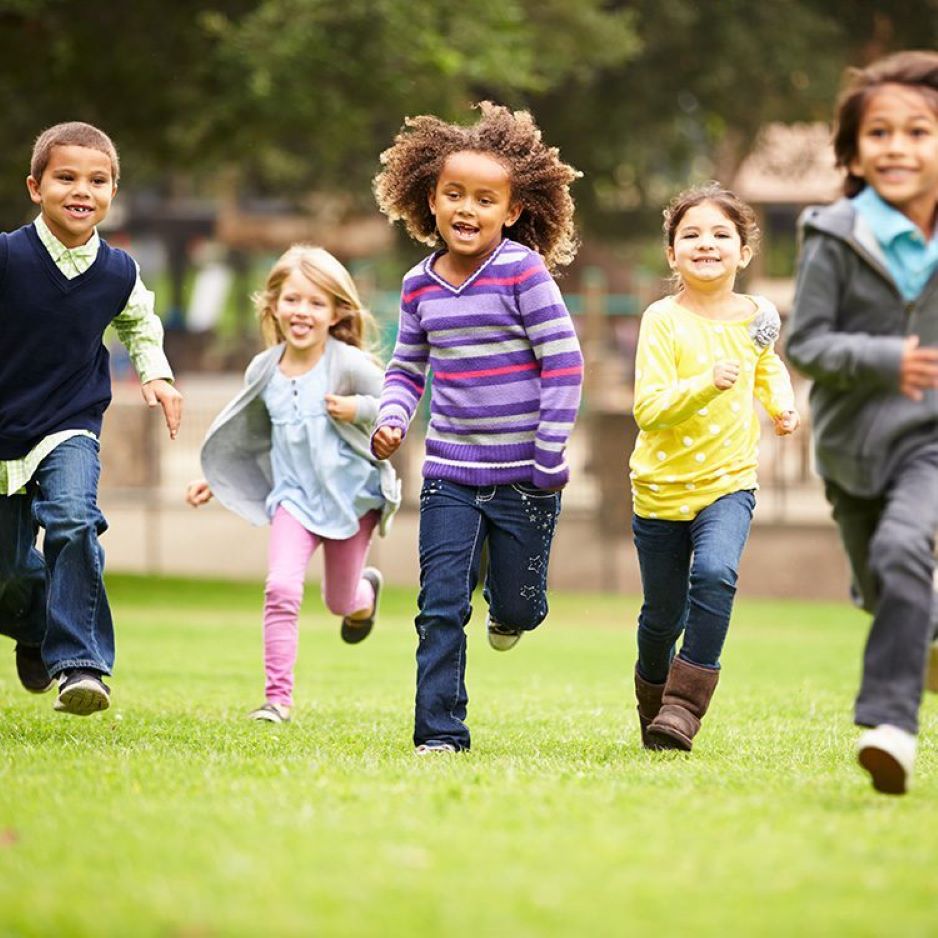Way back in 1659, James Howell knew that “all work and no play” was a bad idea. Today, scientific evidence from Temple’s Infant and Child Lab clearly demonstrates that young children will be woefully underprepared for the modern job market if they do not learn to be curious and creative explorers. Originality and novelty, not just productivity will be the valued currency for the next generation. As we enter into this age of creativity, it is critical that we re-insert these skills back into classrooms.
Professor Kathy Hirsh-Pasek thinks that playful learning can create a gateway to 21st Century skills needed in the workplace of tomorrow. Schools continue to operate on an “assembly line” model of learning fostered by the memorization of material–material that is available at the touch of a keyboard in the modern era. Professor Hirsh-Pasek and her long term collaborator Roberta Golinkoff of the University of Delaware, along with an impressive cast of scientists, teachers and school administrators, offer an alternative. In their new book Making Schools Work, they chart how bringing active, engaged, socially interactive and joyful classrooms–or playful learning–can bring about deeper learning and joyful teaching. Their model has been piloted in schools in Pennsylvania, Michigan and New Hampshire, paving the way for a scaled-up, more sustainable study of the playful learning approach.
Temple is proud to announce that the LEGO Foundation awarded Dr. Hirsh-Pasek and her team a five-year, $19.98 million grant to partner with school districts in four different states (California, Illinois, Texas, and Virginia), using their model to follow children from Pre-K through 4th grade. Prioritizing under-resourced schools, the project convened top scientists in the United States to develop an infrastructure that will support long-term sustainability in these districts. With an impressive team from the University of New Hampshire, the University of Delaware, the University of Virginia, Southern Methodist University, The University of Texas at Dallas, the University of Chicago, and the University of California Irvine, the project aims to work with communities, districts and teachers to support a way of teaching children that is culturally inclusive, builds on how human brains learn and prepares students with the skills they need to thrive.
The LEGO Foundation and Hirsh-Pasek share a common goal: to spread the benefits of learning through play by making real, systemic change to educational policies and institutions. The program follows a three-part equation, one that Hirsh-Pasek employs for her work in schools, communities (Playful Learning Landscapes) and digital media.
“The first step is to respect cultural values and find out where the community values lie – what is important to parents, what do people care about?” notes Hirsh-Pasek. “In our research, and in the method that we're using for education, we bring parents and the community in as partners.”
The second takes the science of learning and morphs it into actual practice in real classrooms. Teachers and their coaches will learn the playful learning pedagogical approach and apply it to their existing curricula. The approach fosters a more active and collaborative relationship between students and educators, encouraging more small group work, more discussion, and a willingness to think about contexts for teaching material that is responsive to student interests. Through district coaches, the program will establish a playful learning approach training model that can transfer to the local level.
The third and final part of the equation asks a key question: What does or should count as success for a school system? In an Age of Creativity where ChatGPT can synthesize data, write like Shakespeare and draw like Picasso, simple memorization of facts will not do. In their book, Becoming Brilliant, Hirsh-Pasek and Golinkoff put forth a suite of skills that follow students from the classroom to the board room–a suite they call the 6Cs. Built from the science of learning and with input in the business community, they offer an integrated and culturally inclusive set of skills–collaboration, communication, content, critical thinking, creative innovation and confidence. The 6 Cs represent a more flexible, transferable skillset that prepares students for the job market of the Creative Age.
Taken together, this equation offers a way to re-imagine education in and out of school.
“Education is not stuck in a brick building anymore. Education happens at home. Education happens at the bridge from home to school. It happens in communities. It happens on apps. It happens in the metaverse. Once you realize the breadth of where we're going, education is all around us.”
The new 19.98-million-dollar grant will allow Hirsh-Pasek and her team to do a deep dive into how playful learning can become a model for education that is active rather than passive and that propels students into the modern age. Hirsh-Pasek hopes that this initiative will allow teachers to enjoy teaching again and will help students learn how to collaborate, to communicate and to learn content, while also becoming strong critical thinkers and creative innovators.

